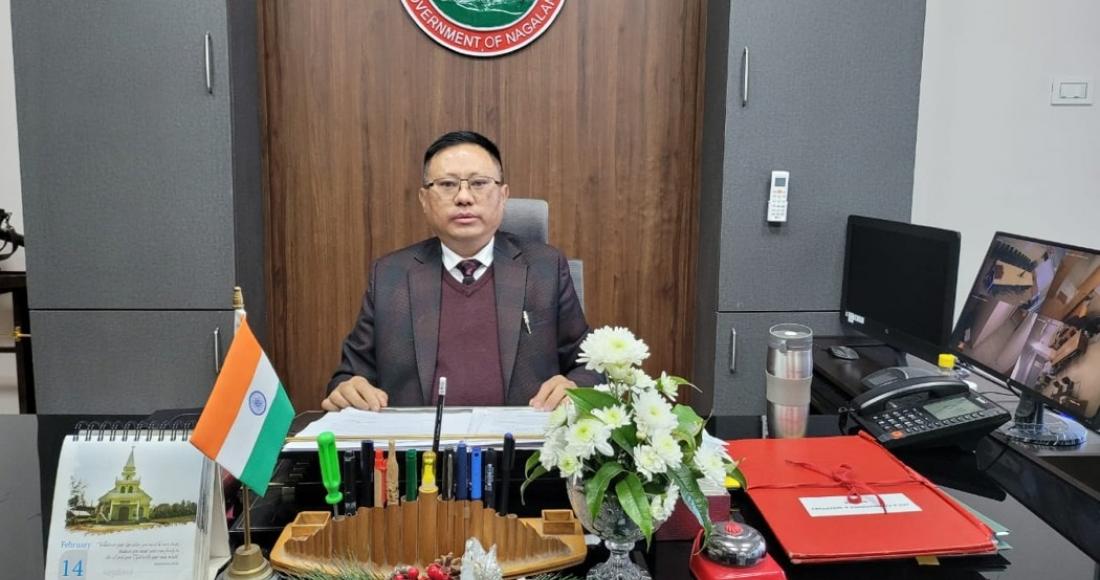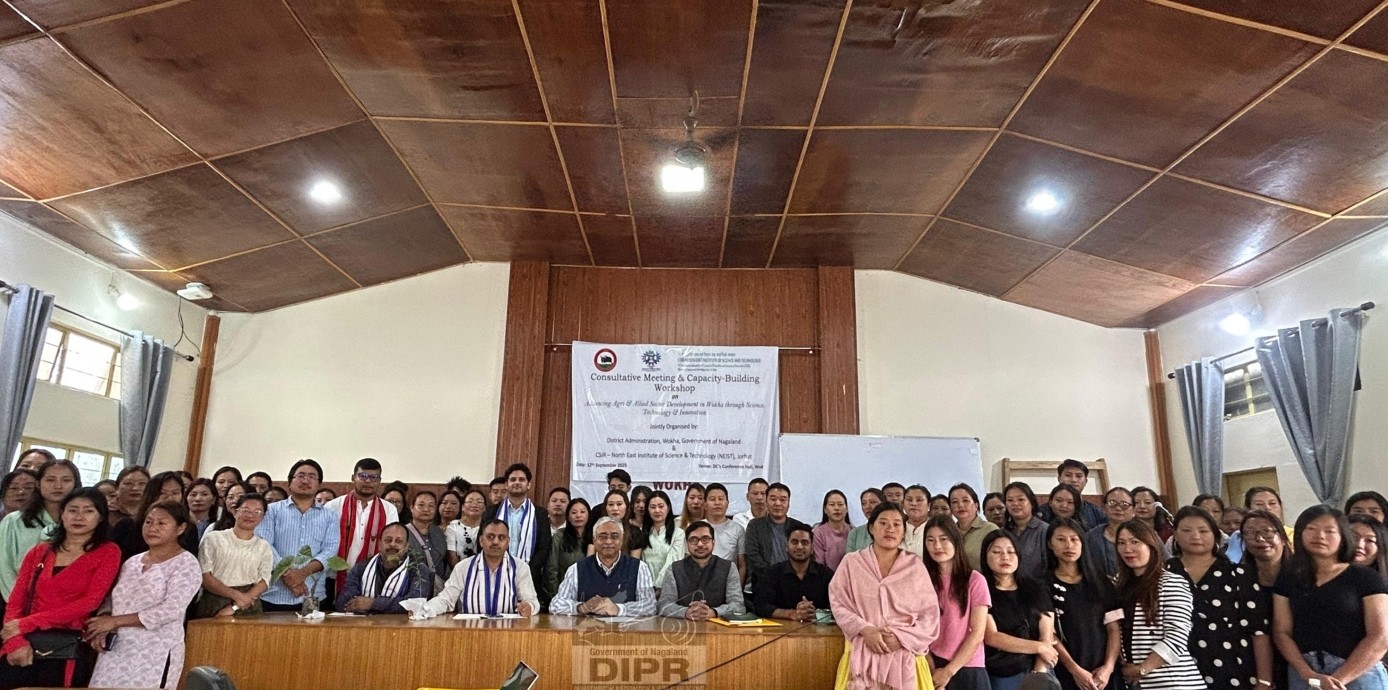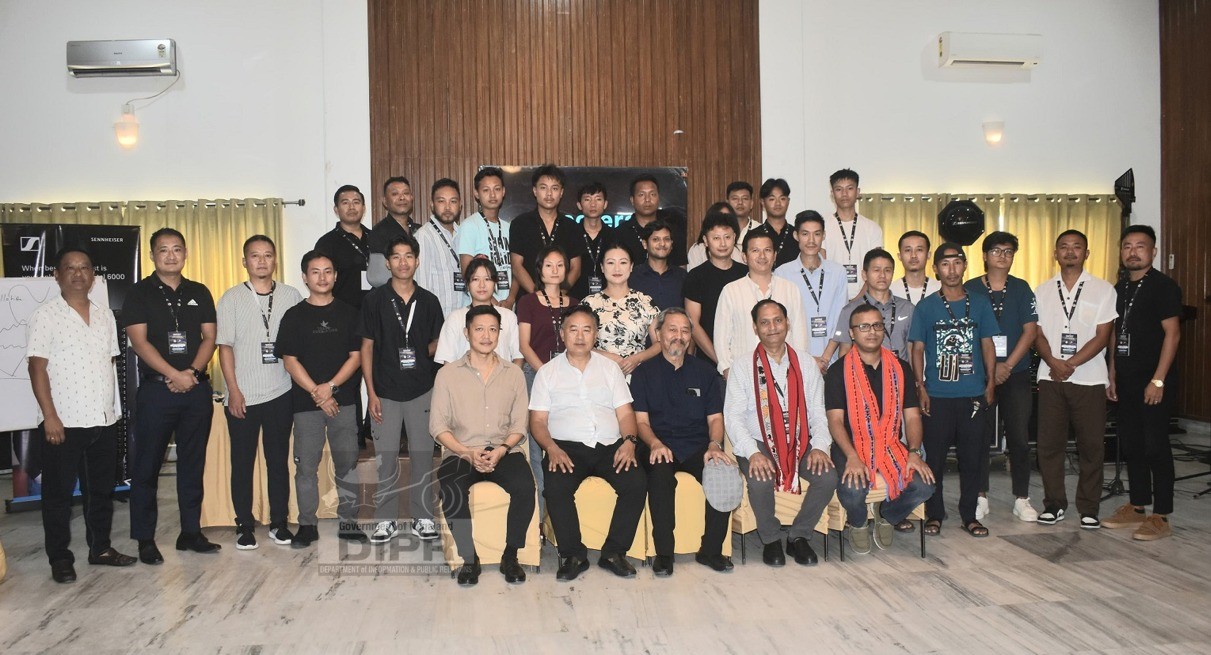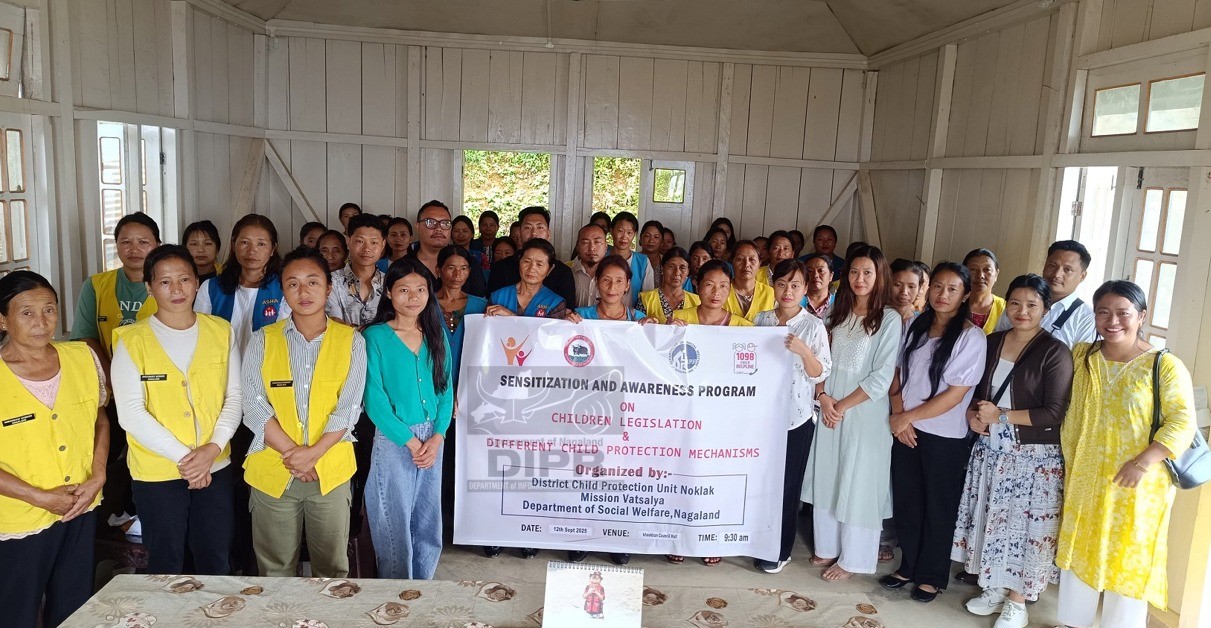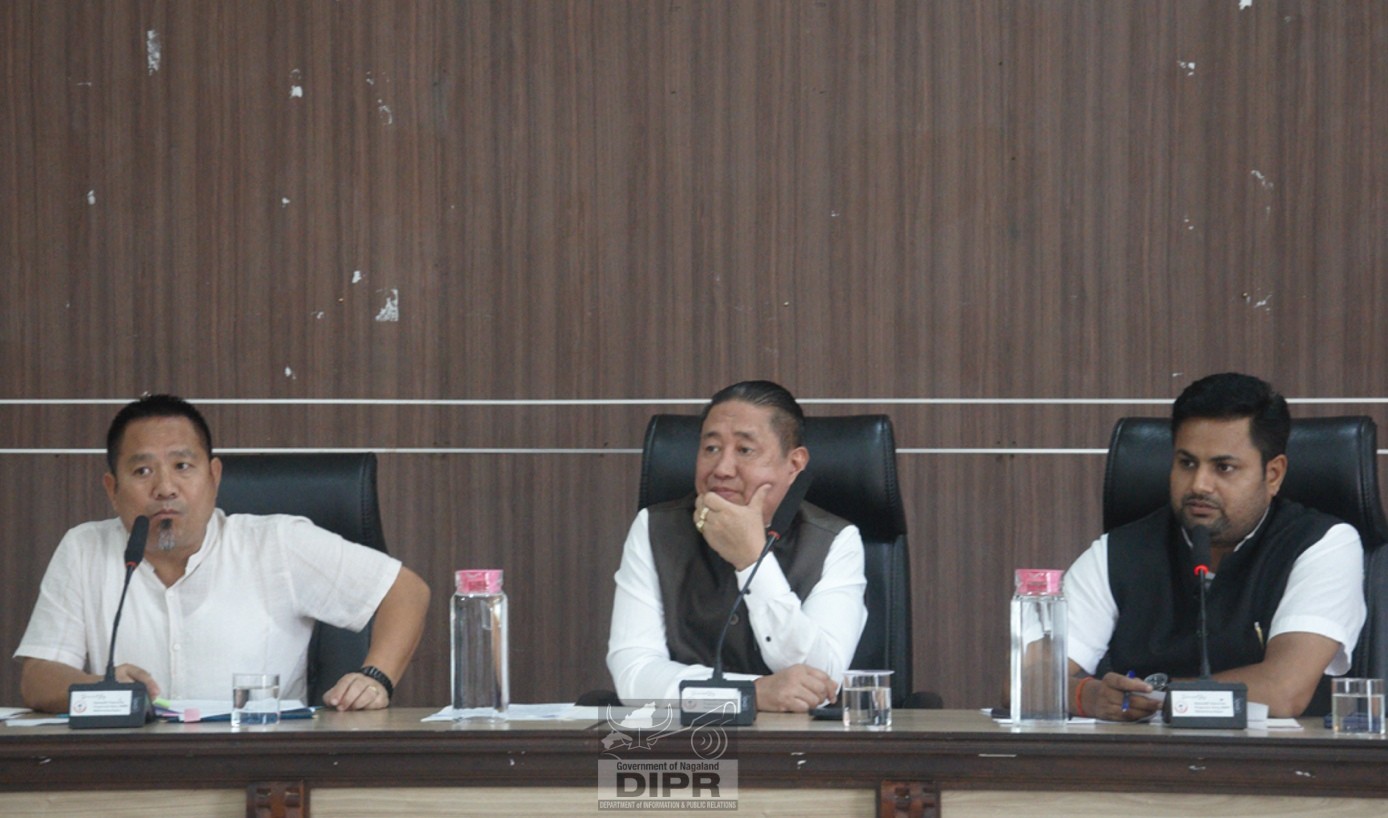Unlike other States, the land holding pattern is very peculiar in Nagaland which is owned by the individual, clan and community. Therefore, it is everyone’s collective responsibility to judiciously use the land sustainably by adopting proper land-use planning for increasing ecological and livelihood security. About 70 % of our population inhabit in rural area who are engaged in Agri & Allied activities, out of which about 73 % are engaged in Jhum / shifting cultivation and the remaining 27% in Terrace Rice Cultivation (TRC).
Although the traditional Jhum cultivation is a ‘way of life’ for the Nagas, it is neither economically remunerable nor ecologically sustainable in the long run. With the onslaught of Covid-19 pandemic and drought-like situation faced during the current year, it is essential that the farmers may have to change from the traditional farming to improved modern farming practices to adapt to the changing climate scenario and hence the Farmers’ Advisory services is essential.
1. Conserving or preserving the top hill and steep areas of the landscape / watershed which would serve as recharging zone for the benefit of availing moisture at the downstream areas. Conservation of the hill tops would immensely help not only to cope with the water stress issues and augment crop productivity but stabilise the ecological fragile areas and prevent landslides.
2. Adopt diversification of crops by cultivating climate resilient crops and mixed cropping in order to cope with uncertainty of climatic factors, so that farmers safeguard themselves against mono crop culture failure.
3. The farmers may also convert their jhum plots to alternative farming like cash crops such as vegetable, fruit crops, agro-forestry, coffee, large cardamom, tree plantation etc.
4. Identify potential areas for settled farming near the water bodies and emphasise on spring shed approach, catchment area treatment and other similar intervention etc.
5. As committed during the drought-like situation, the State Government through the Department of Agriculture, Horticulture and FOCUS project have distributed seeds to almost all villages in the State. The Government may not be able to provide required seeds at all times, therefore, the farming community are advised to revive the age-old tradition of preservation & management of seeds by preserving the best mother plant and its produce for seed storage. The mothers and women are urged to continue to be the best “Seed Keepers”.
6. Recently, Soil Testing Laboratories have been established in the 11 districts and the Mini Soil Testing Labs are expected to be set up in all the 74 blocks. Therefore, the farmers are advised to avail the facility to test their soil and ascertain the soil health status so that the Officers and Scientist of the Agri And Allied Depts, KVKs etc. can guide the farmers to manage their soil and manage other soil amendment.
All the concerned farmers, Village Councils, Civil Societies, Church Organisations and Officials of Agri And Allied Departments, KVKs, ICAR etc. have been requested to create mass awareness so that the farming system is improved and prepare for any eventualities in the coming years.
(DIPR)


